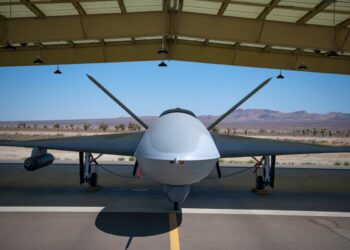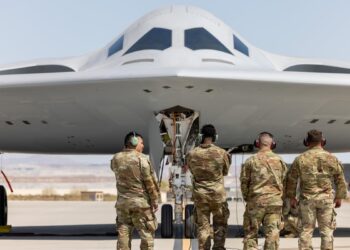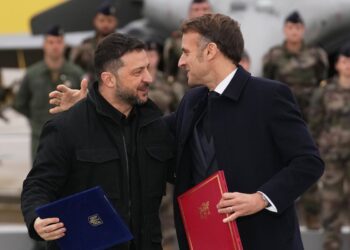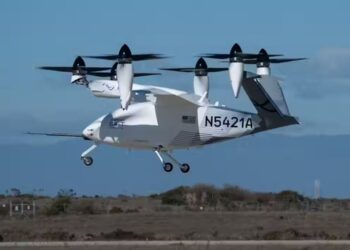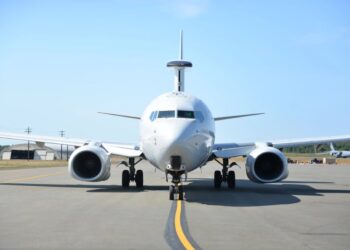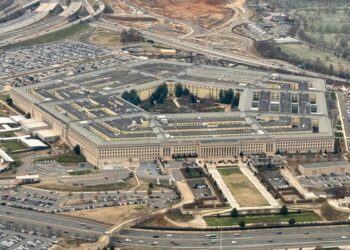On August 19, 2023, personnel from the U.S. Air Force and the Department of Energy successfully conducted the first tests involving the drop of unarmed B61-12 nuclear gravity bombs from an F-35A fighter jet at Hill Air Force Base in Utah. The tests were announced by Sandia National Laboratories, which oversees the nation’s nuclear weapons program.
From August 19 to 21, multiple flight tests were executed at the Tonopah Test Range in Nevada, leveraging aircraft and personnel from Hill Air Force Base. According to Sandia National Laboratories, these tests represent the first of their kind for the B61-12 from an F-35A and mark a significant milestone in ensuring the reliable performance of the aircraft, crew, and associated weapons.
Jeffrey Boyd, the Sandia surveillance lead for the B61-12 and -13 bombs, highlighted the extensive planning and collaborative efforts that made the B61-12 stockpile flight tests a success. He noted that these tests completed a significant phase of flight testing for the B61-12 in the current year, which is said to be the most extensive for the foreseeable future.
During the tests, the team also performed the first thermal preconditioning of the joint test assembly before its flight on the F-35. This step was crucial for verifying the bomb’s performance under real-world environmental conditions.
Visual documentation from Sandia illustrates the careful handling and loading of the B61-12 bombs onto the F-35 jet in the early morning hours of August 19, prior to its flight to Tonopah. The B61 family of nuclear gravity bombs has been a component of the U.S. arsenal for more than 50 years, deployed from both U.S. Air Force and NATO bases.
In December 2022, the National Nuclear Security Administration (NNSA) completed a life extension program for the B61-12, ensuring its operational capability for at least another 20 years through refurbishment and replacement of bomb components. The B61-12 has replaced three older models—the B61-3, -4, and -7—marking the first major update to an Air Force nuclear warhead in over thirty years.
Brian Adkins, the manager of the Tonopah Test Range, confirmed that the tests involved two successful days of evaluating three test assets. These events occurred before a late October statement by President Donald Trump regarding the U.S. testing nuclear weapons on par with other nations, which raised concerns about a potential abandonment of the long-standing moratorium on nuclear test explosions.
Energy Secretary Chris Wright later clarified in early November that upcoming tests would focus on subsystems of new nuclear weapons but would not involve any full nuclear detonations.
Stephen Losey, a defense reporter, previously covered critical personnel and operations issues related to the Air Force and the Pentagon, highlighting his expertise in air warfare.

